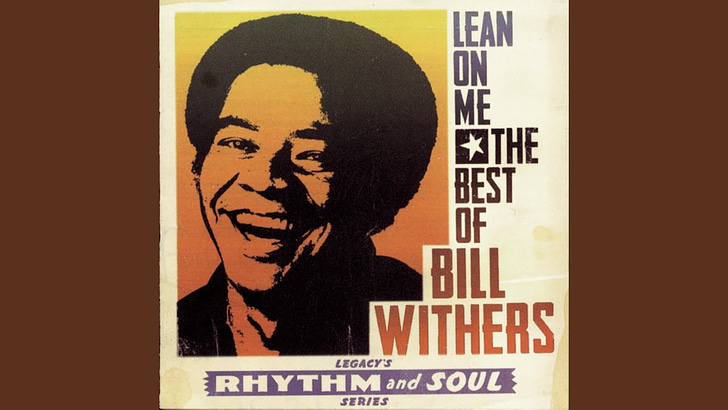Our back-to-school discount is still on at Word & Song, good for new paid and upgraded subscriptions as well as gifts (for the students, teachers, homeschoolers, and just about anyone who might like our magazine).
This week we have focused on friendship here at Word & Song. Today’s Sometimes a Song is about a singer-songwriter who qualifies as an “old f…
Keep reading with a 7-day free trial
Subscribe to Word & Song by Anthony Esolen to keep reading this post and get 7 days of free access to the full post archives.



